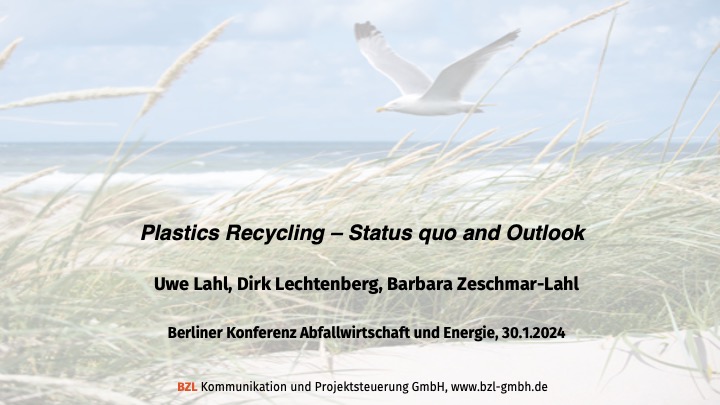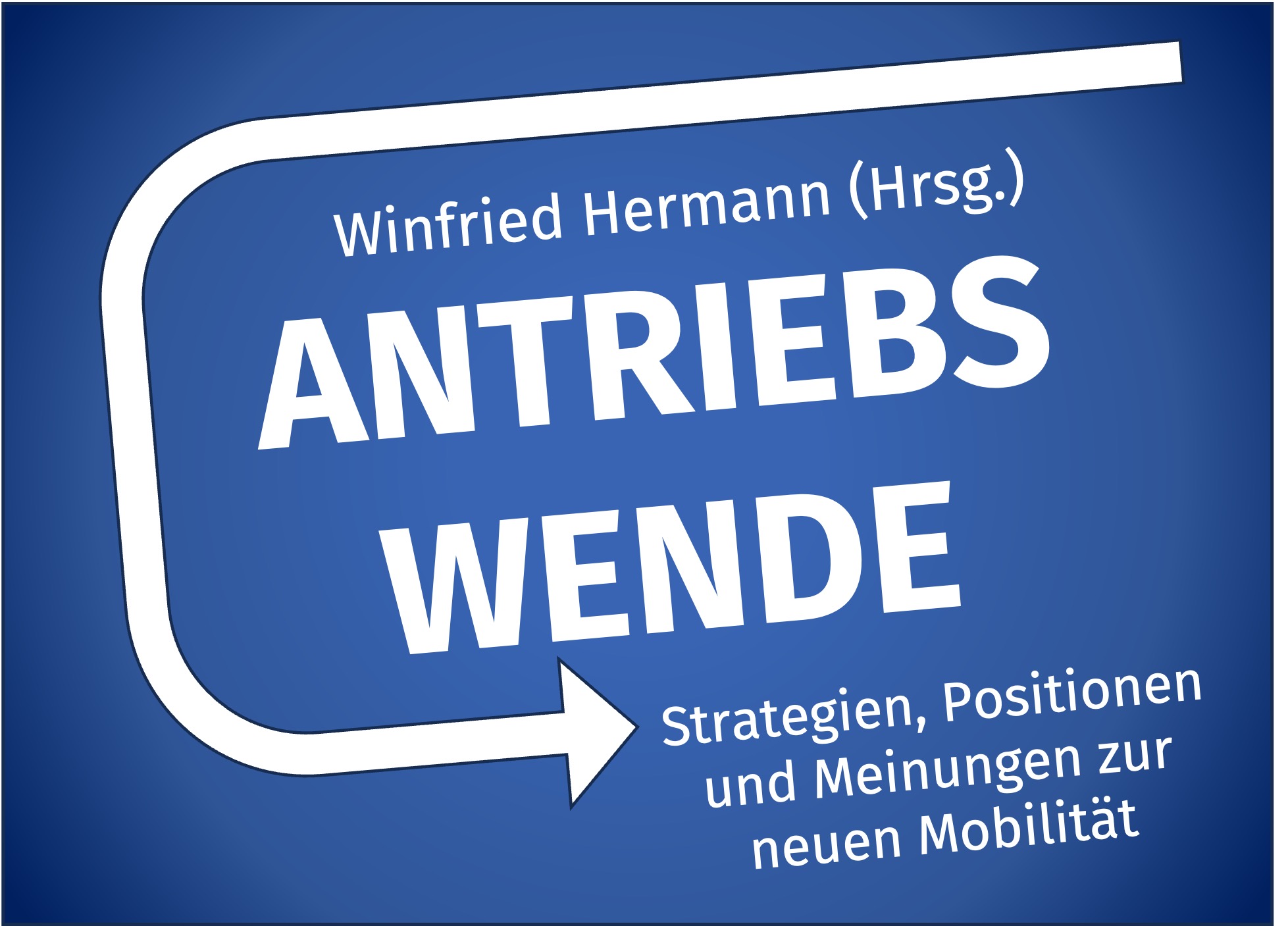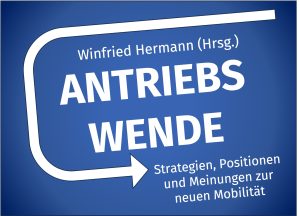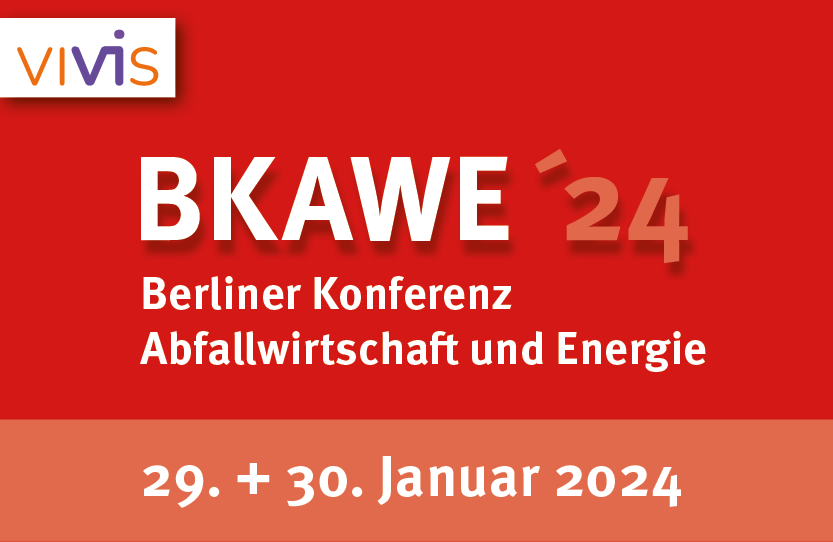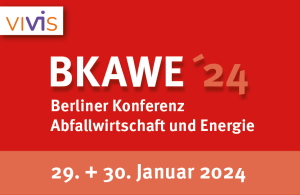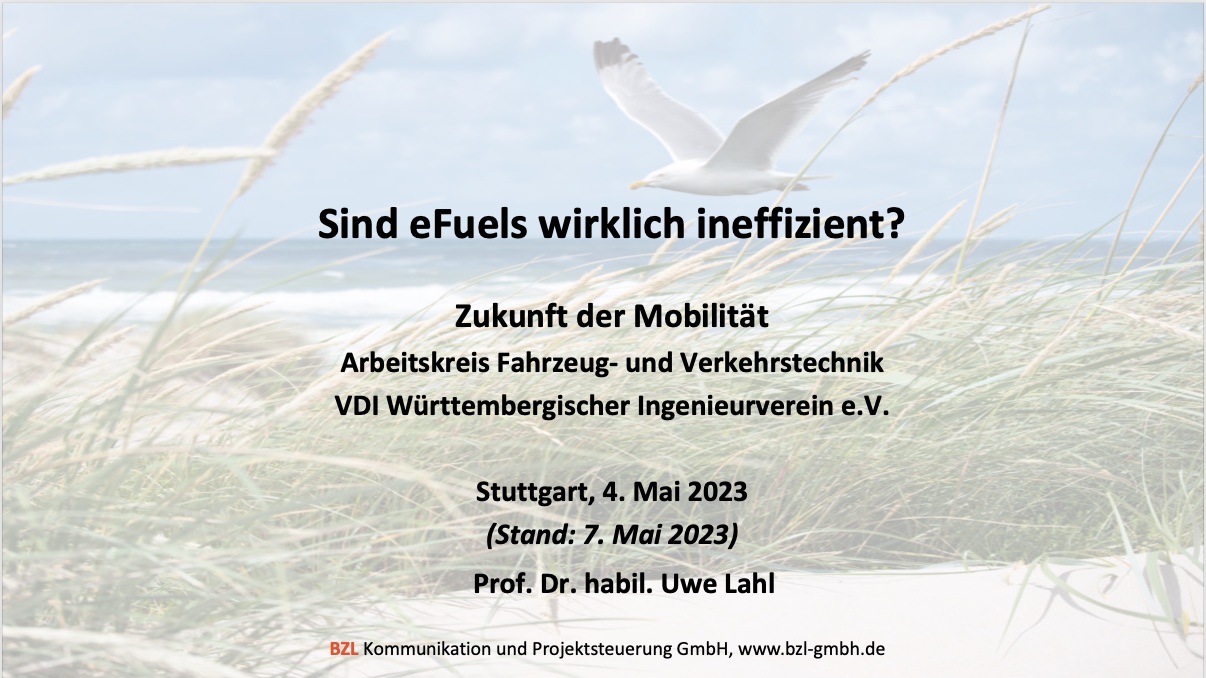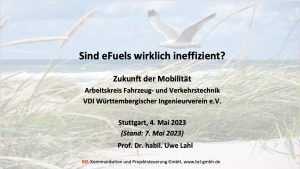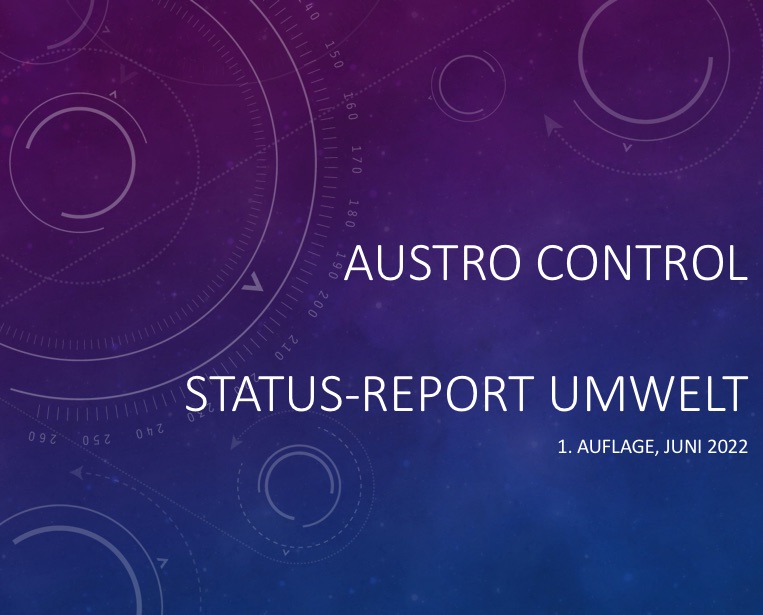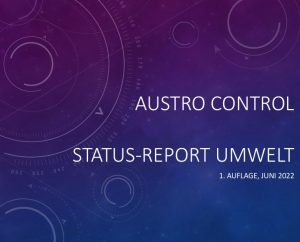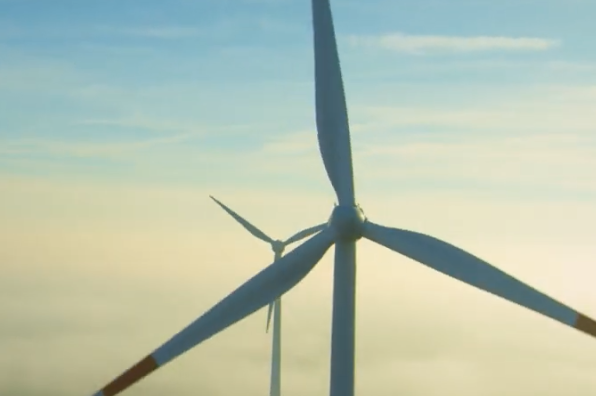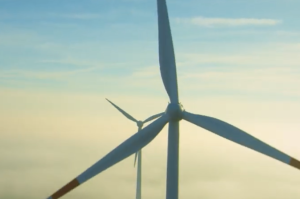Plastics Recycling and Hazardous Substances – Risk Cycle (BKAWE, 2024)
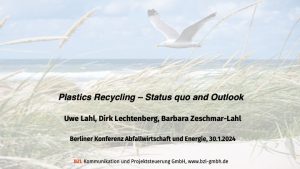
February 8, 2024
The article by Prof. Dr. habil. Uwe Lahl and his two co-authors on the subject of “Plastics recycling and hazardous substances – Risk Cycle” (in German: Kunststoffrecycling und gefährliche Stoffe – Risk Cycle) has been published in the proceedings of the Berlin Conference on Waste Management and Energy – “Abfallwirtschaft und Energie 1” – by TK-Verlag.
Referring to current studies and scientific publications, the authors argue that the use of post-consumer recyclates (from packaging or technical products) for the manufacture of products with direct contact to humans should be discontinued for the time being. This applies in particular to children’s toys, food contact material (FCM)/packaging, indoor products and synthetic fibers.
Packaging should rather be collected unmixed in a controlled manner via extended deposit and return systems and sent for high-quality material recycling (closed loop, same product types such as PET bottles to PET bottles, PET trays to PET trays).
In the medium term, the existing separate collection of lightweight packaging could be converted into a dry collection of recyclable materials, for example to include plastics that were previously not recyclable or difficult to recycle (e.g. technical plastic products) and make them available for chemical recycling.
Below you will find a link to order the conference proceedings and to download the presentation at the conference in German and English.

